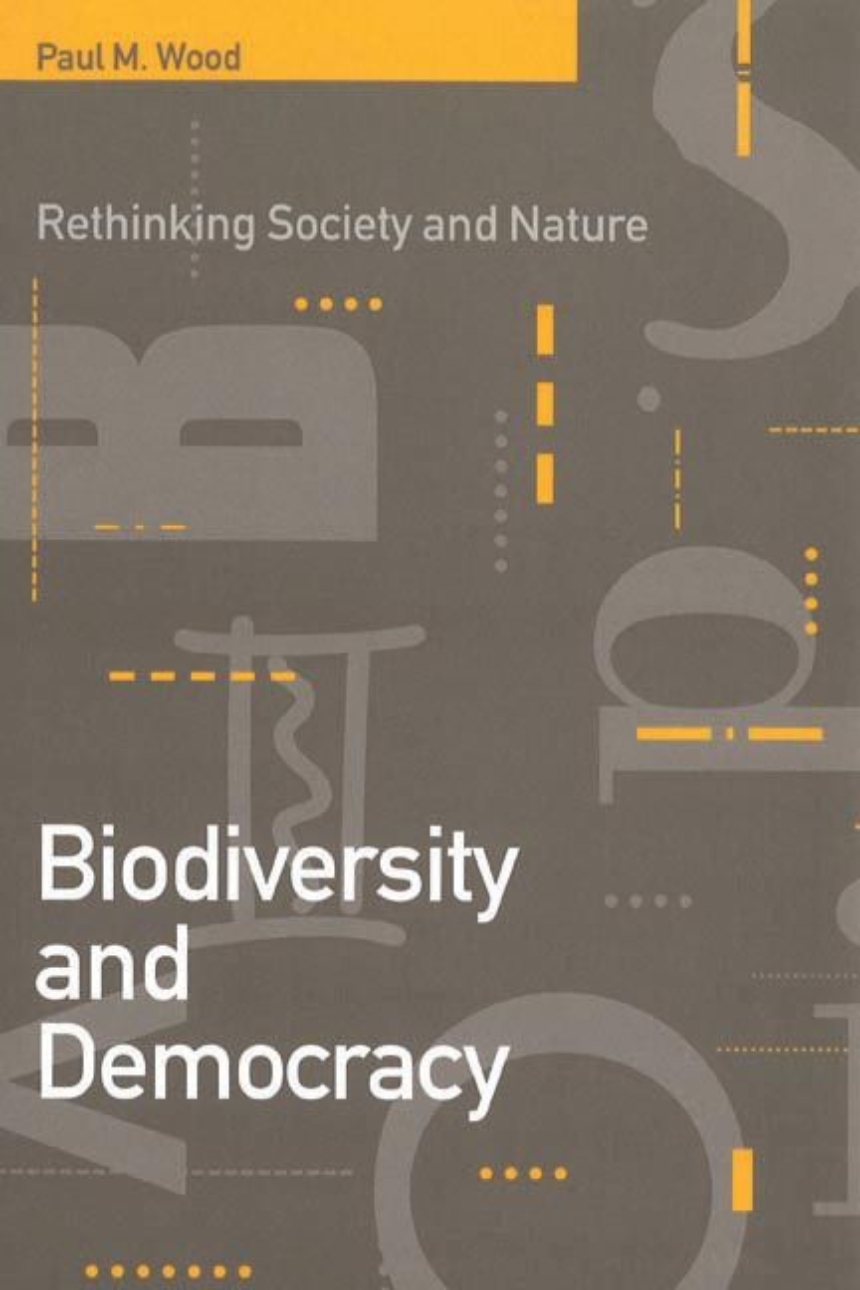9780774806893
Distributed for University of British Columbia Press
Biodiversity and Democracy
Rethinking Nature and Society
The world's species, genes, and ecosystems are going extinct at an alarming and unprecedented rate, largely as a result of human activities. If this trend continues, human civilization itself is at risk. Yet we remain either unaware or unconcerned. In Biodiversity and Democracy, Paul Wood looks at this dilemma from another perspective. He argues that the problem can be traced back to how we think about both biodiversity and democratic societies. He examines the concept of biodiversity, recasting it as an essential environmental condition that is being irreversibly depleted, not a biological resource that can simply be replaced. He then demonstrates how democratic policies cater to short-term public preferences, with little or no concern for the long term.
Table of Contents
Acknowledgments
1. Introduction: A View of the Landscape
2. Biodiversity: An Environmental Condition
3. The Failure of Utilitarianism
4. The Failure of Economic Efficiency
5. The Failure of Consensus among Stakeholders
6. The Case for the Priority of Biodiversity Conservation
7. The Cost of Biodiversity Conservation
8. Constitutional and Legal Implications References
Appendices
1. Categories of Protected Areas
2. Levels of Protection: Summary of Current Practice
Index

